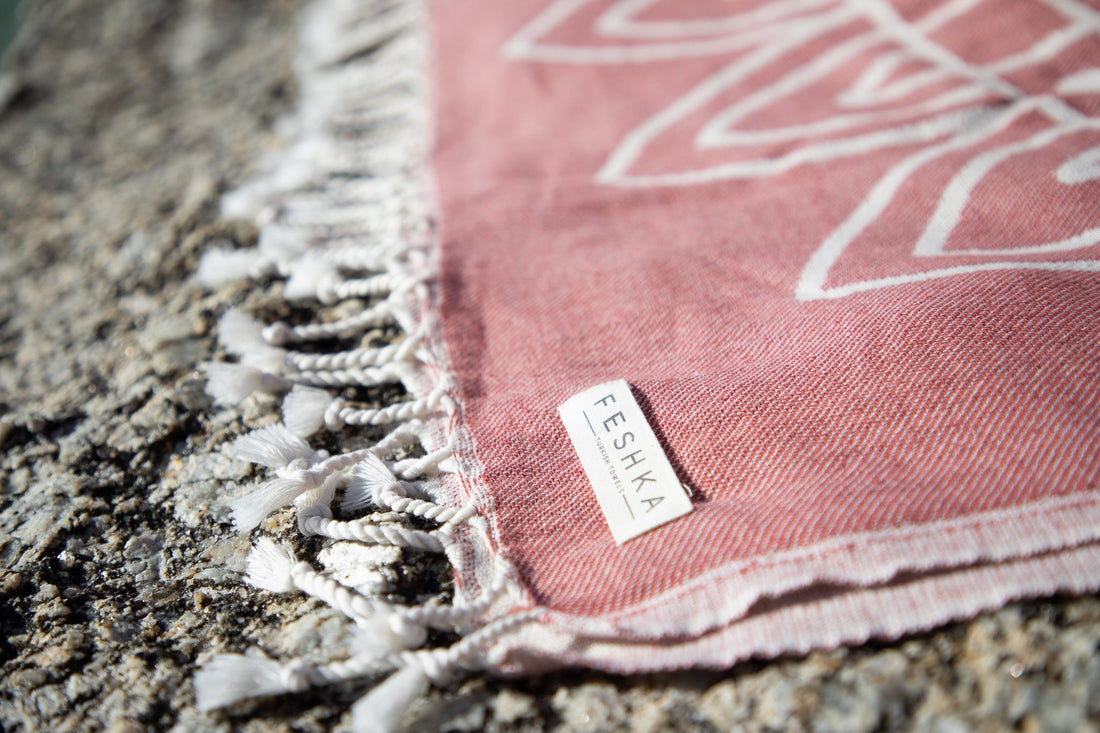When it comes to personal hygiene, we often overlook the dangers of using wet towels. While they may seem harmless, damp towels can harbor harmful bacteria, fungi, and unpleasant odors. In this article, we’ll explore why wet towels are bad for your health and provide important reasons to avoid using them.
Bacterial Breeding Ground
Wet towels provide a warm and moist environment that is perfect for bacterial growth. After each use, moisture remains trapped in the fibers, promoting the growth of harmful microorganisms such as E. coli, staphylococcus, and salmonella. This increases the risk of infections and skin irritations, making damp towels a serious hygiene concern.
Fungal Infections
Damp towels are also prone to fungal growth. Common fungi like Candida thrive in these environments, leading to infections like athlete's foot, ringworm, and yeast infections. Using wet towels unknowingly exposes you to these harmful fungi, which can spread to other parts of your body or others in your household.
Unpleasant Odors
The unpleasant smell associated with wet towels is caused by bacteria and mildew accumulation. Even with regular washing, it’s hard to completely eliminate these odors. The persistent smell can make you feel less refreshed and self-conscious about your personal hygiene.
Skin Irritation and Acne
Using wet towels can cause significant skin issues. The bacteria and fungi present can lead to skin irritations, rashes, and itching. The moisture from a wet towel can also clog pores and contribute to acne. For individuals with sensitive skin, it's essential to avoid using damp towels altogether.
Spread of Germs
Wet towels can easily spread germs throughout your home. As you dry off, bacteria from your body transfer to the towel, which can then be spread to others who use it, increasing the risk of cross-contamination and infection. Dry towels or disposable alternatives are a safer option to reduce this risk.
Conclusion
While wet towels might seem harmless, they pose significant health risks by harboring bacteria, fungi, and unpleasant odors. By avoiding damp towels, you can protect your skin, prevent infections, and maintain a cleaner, healthier environment. Always use dry towels, allow them to dry completely, and wash them regularly for the best hygiene.






